MercoPress. South Atlantic News Agency
Tag: European Union
-
Tuesday, February 27th 2018 - 09:34 UTC
Brexit: Corbyn proposes customs union with EU, but for Brussels it is “pure illusion”
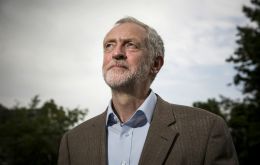
Britain should enter a new customs union with the European Union, opposition Labour leader Jeremy Corbyn said on Monday, setting up a possible parliamentary defeat for Prime Minister Theresa May who has vowed to leave the arrangement after Brexit.
-
Saturday, February 24th 2018 - 09:31 UTC
EU leaders agree to spend more on defense and security, and squabble over UK funding losses
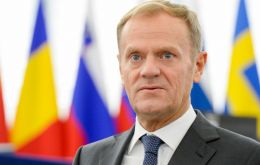
EU leaders have agreed to spend more on common defense and security policy in their next long-term budget, said European Council President Donald Tusk. Leaders of 27 states were meeting in Brussels to shape the 2021-27 budget.
-
Saturday, February 24th 2018 - 07:54 UTC
UK's approach to next stage of negotiations bases on “pure illusion”, says Tusk
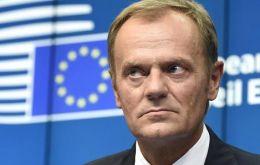
UK's approach to the next stage of Brexit negotiations seems to be based on “pure illusion”, Donald Tusk says. The European Council president told a news conference in Brussels that the UK was still trying to “cherry pick” its future relationship with the EU.
-
Friday, February 23rd 2018 - 09:46 UTC
PM May preparing her “Road to Brexit” following a meeting of “war committee”
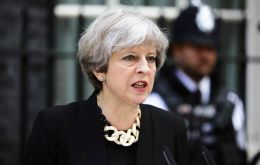
British Prime Minister Theresa May will set out “the way forward” for Brexit next week after a meeting with top aides on Thursday intended to resolve differences over strategy that are dividing her team, and frustrating European Union negotiators.
-
Thursday, February 22nd 2018 - 09:35 UTC
Theresa May sets out proposals for post-Brexit transition period: Tories divided
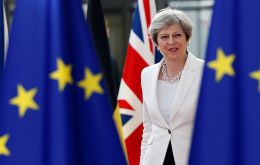
UK has published proposals for how it wants the transition period immediately after Brexit to work. It says the period should last as long as it takes to “prepare and implement the new processes and new systems”. Number 10 denied this meant it would be longer than the planned two years.
-
Wednesday, February 21st 2018 - 09:19 UTC
Brexit strategy suggestion to Theresa May from 62 Conservative MPs
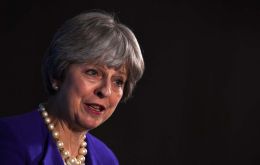
More than 60 Conservative MPs have signed a letter to Theresa May making a series of “suggestions” about the government's Brexit strategy. The letter from the European Research Group says the UK should be free to negotiate and sign trade deals with other countries as soon as it leaves.
-
Wednesday, February 21st 2018 - 07:19 UTC
Switzerland interested in a trade deal with Mercosur despite its own farmers
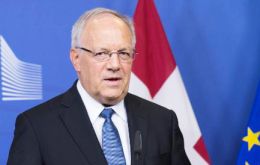
Swiss Economic Affairs Minister Johann Schneider-Ammann wants to speed up a free trade agreement between Switzerland and Mercosur, but there is concern in the agricultural sector, according to the country's media.
-
Saturday, February 17th 2018 - 09:33 UTC
European farm lobbies want no further agriculture concessions to Mercosur

European farm lobbies Copa and Cogeca sent a letter to EU Commission President Jean-Claude Juncker opposing the EU move to give further concessions on agriculture in return for gains in other economic sectors to Mercosur.
-
Saturday, February 17th 2018 - 09:22 UTC
Merkel “curious” about UK lack of clarity with Brexit; PM May speech in Munich
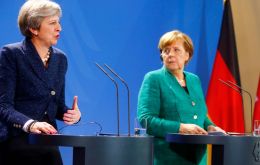
Angela Merkel has said that she is not “frustrated” by Britain's lack of clarity in Brexit, but is still “curious” about what the UK government actually wants to achieve in negotiations.
-
Friday, February 16th 2018 - 10:07 UTC
Theresa May flies to Berlin to meet Merkel, ahead of crucial speech on Saturday
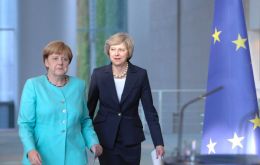
Theresa May is due to hold talks with German Chancellor Angela Merkel as she seeks to make progress on negotiating Brexit. The PM will travel on Friday to Berlin for the meeting at the Chancellery. It comes a day ahead of a speech on Saturday in which she is expected to set out the “security partnership” she wants to maintain with the EU.
